You may wonder if your vehicle’s engine requires premium gas to run optimally. The answer is that it doesn’t affect the performance much, but you might experience a little bit of an increase in fuel economy depending on your car or truck.
Ultimately, it depends on your specific make and model – so don’t worry if you’re unsure. If you decide to switch to premium fuel, remember that various grades are available, and it just boils down to price and convenience for you as the driver/owner.
Gas with an octane rating of 87 is generally considered regular; gas with an octane rating of 91 or 93 is usually considered premium gas. Fuels, such as gasoline, are rated by their octane ratings, determining how much compression is needed to ignite them.
For a car engine to start, fuel compression is necessary. It is, therefore, vital that you put optimal fuel in your vehicle for this process. Is Honda Civics compatible with premium gas?
In theory, yes. Many vehicles today have engines designed to bear some wear and tear over time. So, in most cases, the choice of premium gasoline isn’t going to make much of a difference when it comes to fueling a vehicle.
Can You Put Premium Gas In A Honda Civic?
You will not notice any difference in performance if you switch from regular gas to premium gas if regular gas is recommended for your vehicle.
Changing would only result in spending more money without giving you any significant benefits. There is no requirement for premium gasoline to be used in Honda vehicles.
The compression ratio of some car engines is higher than others, so fuel for some engines needs to hold up to a higher rate of compression. Because premium gas has a higher octane rating than regular gas, it is often considered the best choice for these engines.
Using premium gasoline can also benefit specific car engines with turbochargers or superchargers. Premium gas tends to give these engines slightly better fuel economy than regular gas.
Older turbocharged and supercharged engines have slightly higher compression rates than standard car engines. Using premium gasoline may benefit drivers whose vehicles have turbochargers or superchargers.
Your Vehicle’s Engine is Supposed to Take Premium Gas
Ensure your vehicle is fueled correctly before you try to put premium gas in it. Using premium gasoline in a Honda Civic is not recommended unless the engine has been specifically designed.
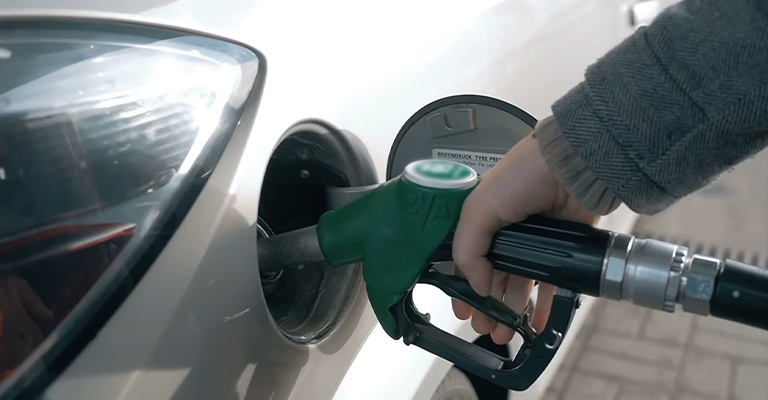
Putting premium fuel into a regular engine can cause significant problems, so be careful. Suppose you’re still determined to give your car the best performance possible; research which type of gas will work best with your particular model and engine.
Remember that using too much or the wrong kind of gasoline can damage your engine and car, so be cautious when choosing what grade to use.
It Might Not Affect the Performance Much
Not all premium gas is created equal, so you need to ensure that the type of fuel your Honda Civic uses doesn’t impact its performance. Many Honda Civics use regular unleaded gasoline, but a few models require premium gas for optimal engine efficiency and performance.
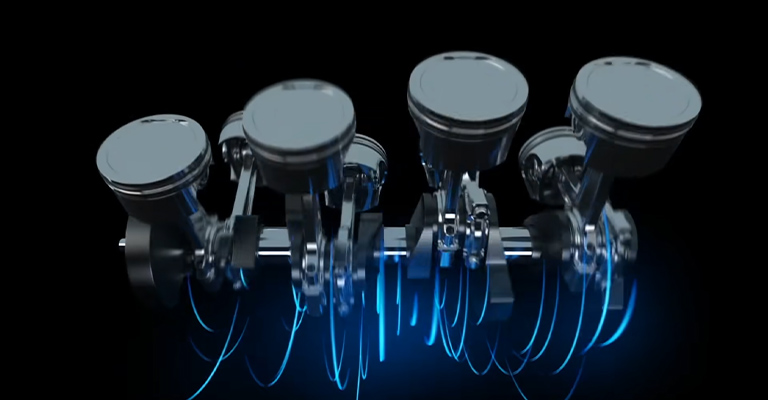
Unless you’re specifically looking for better MPG or acceleration from your car, it’s probably not worth spending extra on premium fuel when regular unleaded will do just fine. Always consult the owner’s manual before making any changes to your car–even minor tweaks can affect how well your Honda Civic performs.
If you experience difficulty starting or running your car after changing the oil or adding new fuel, don’t hesitate to take it in for service–something may be wrong with the engine itself, even if everything looks okay on paper.
You May Experience a Little Bit of an Increase in Fuel Economy
Honda Civic owners looking to save money on fuel bills may want to try premium gasoline. Premium gas has a slightly higher octane rating than regular, which allows your engine to run more smoothly and efficiently.
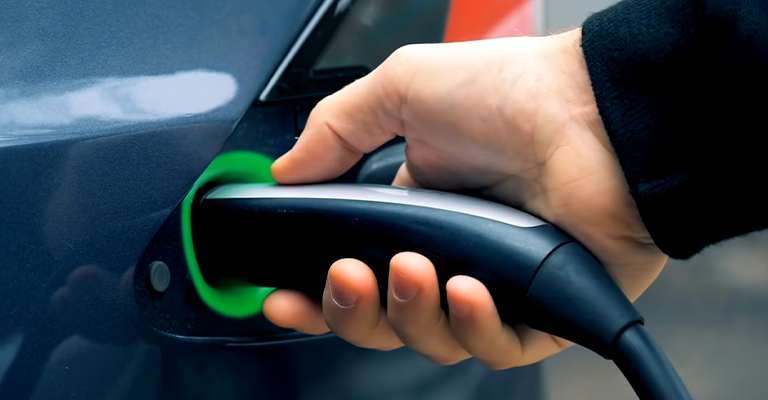
You’ll notice a bit of an increase in fuel economy when you switch to premium gas; however, the increased performance won’t last long once you return to regular fuel.
As with most things, there’s no harm in trying it if you’re looking to save some cash on your next fill-up – make sure you have the correct type of gasoline.
Keep an eye out for deals or coupons that offer discounts on premium gas – they often pop up occasionally.
It Depends on Your Vehicle
Premium gas is not always necessary for a Honda Civic, depending on the make and model of your car. You can get by with regular unleaded if you’re careful about driving habits and follow the manufacturer’s instructions.
Using premium gasoline may improve performance and fuel economy if you have an older Honda Civic. Keep your tires inflated to proper pressure levels; overinflating could damage your engine or cause other problems.
Always consult your owner’s manual before changing your vehicle’s fuel type or equipment.
Can Premium Fuel Damage Engine?
Premium fuel can cause damage to an engine if the vehicle is not run in a proper premixing environment.
Higher octane gas requires more frequent cleanings to avoid defects and damages over time, as increased air/fuel mixture causes engines to operate at a higher RPM, which may result in damage over time.
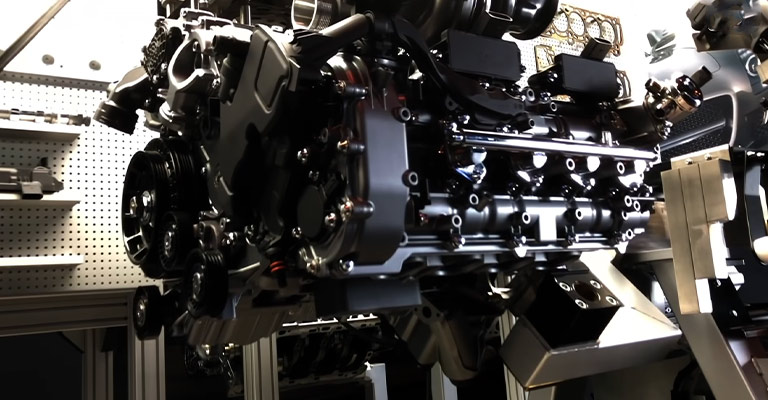
You can take plenty of precautions beforehand and while driving to help minimize the potential risks of using top-tier gasoline fuels.
Bottom line: Be sure your vehicle is properly prepped for use with premium fuels by following all manufacturer guidelines and safety recommendations.- If you’re still concerned about risk, consult an expert before starting your car.
Do Hondas Need Premium Gas?
Hondas don’t require premium gas, but some engines may benefit. Most Honda vehicles are designed to run on regular unleaded gas, but a few models use higher-octane fuel.
Premium gasoline can cost up to $0.50 more per gallon than regular unleaded; if you’re unsure whether your vehicle requires premium gas, consult the owner’s manual.
If you decide to buy a Honda car and choose premium gasoline, be aware that this will increase the price of your vehicle by around $100-$200 per year for the average driver.
Consider using regular unleaded instead of premium when filling up your Honda’s tank – it’ll save you money in the long run.
Does Premium Gas Last Longer?
Higher octane levels don’t always mean more durable gas, as engine knock threatens most modern fuel systems.
Lowering the chance of engine knock doesn’t make premium gasoline last longer- in fact, it could even cause damage to your car or motorcycle’s engine.
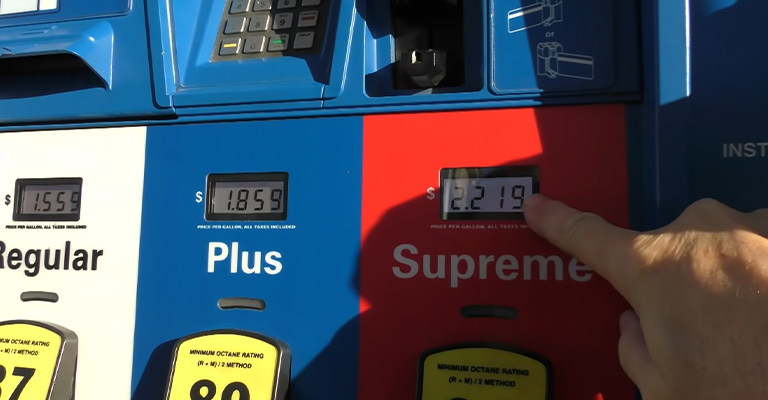
There are no real benefits to using premium gasoline over regular fuel. You might be spending extra money without any noticeable difference. Unless you need an extended boost for performance purposes, stick with regular unleaded gas and save yourself some cash at the pump.
Always check your vehicle’s owner’s manual before making any changes to its fueling system- doing so can prevent unnecessary problems.
What Kind of Gas Should You Put in a Honda Civic?
Make sure to use unleaded gasoline in your Honda Civic. Use TOP TIER detergent gas in your car as well- it’s a great way to keep it running smoothly and prevent damage.
Avoid using gasoline with more than 15% ethanol content, as this may damage the engine of your Honda Civic. Keep an eye out for coupons or discounts that can help save you money on fuel bills- they come around often.
Finally, always drive safely and responsibly when filling your car with gasoline- accidents happen even when people follow simple safety guidelines like these.
FAQ
Is it okay to put premium gas in a regular car?
Using regular gas in a premium vehicle is safe if the octane level is correct. Most vehicles require gasoline with an octane rating of 87 or higher, so checking your car’s specs before purchasing is essential.
What if I accidentally put premium gas in my car?
If you accidentally put premium gas in your car, don’t panic. Calling a tow truck or going to the dealership is unnecessary – you can fix it yourself. Be careful not to overdo it when fixing your car; too much could damage the engine.
Does premium gas clean your engine?
Premium gasoline is designed to clean your engine like regular gasoline but with detergents that mitigate against carbon deposits. Plus, premium gas has the same power as regular gas – taking your vehicle in for service may be a better option than using either fuel type.
What happens if you put 93 instead of 87?
There is no risk of damage to a standard car using premium fuel if you use 90-93 octane gasoline. Most vehicles on the road recommend 87 or 89, but 90-93 is okay to put in a standard car.
What happens if you mix 87 and 93 gas?
If you mix 87 and 93 gas in your car, the fuel economy might differ, and you might experience problems starting the vehicle. The air filter won’t remove pollutants as well if you mix 87 and 93 gas in your car.
You’ll see a decrease in fuel economy if you mix 87 and 93 gas in your vehicle.
Does using premium gas make a difference?
Higher octane fuel is not always more efficient, and using premium gasoline can damage your engine. Giving your car the fuel it requires for good performance does make a difference – even if it’s just a few extra miles per gallon.
To Recap
Yes, you can put premium gas in a Honda Civic. Premium gasoline is designed for use in Hondas and other Japanese cars requiring higher octane fuel than regular gasoline.
The difference between the two types of gas is how smooth they burn and how well they lubricate your engine.

Leave a Reply